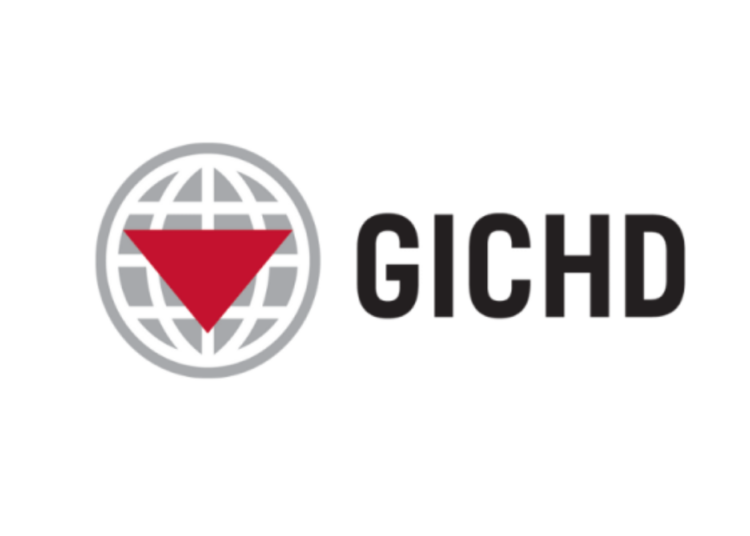Federal Ministry of Humanitarian Affairs, Disaster Management and Social Development has partnered with an international organisation, Geneva International Centre for Humanitarian Demining (GICHD) as part of efforts to ensure safety of Nigerians, particularly those at mine-affected areas as a result of insurgency in North East.
The partnership suggests that a framework of cooperation would be drawn up to enhance capacity building of the Nigerian demining programme in line with the country’s national strategic priorities.
Speaking during a visit to the ministry, by a delegation of GICHD, the chief, mine action programmes, Valon Kumnova, said that the purpose of the visit was to look into some of the problems currently faced by Nigeria, and map out modalities towards eradicating those challenges as it relates to explosive ordinances.
According to him, “Our organisation is based in Geneva. It’s an International Centre for humanitarian demining and it primarily operates in supporting governments that are affected or governments of the states that are affected or landmines, explosive ordnance IDs, and so on and forth.”
Generally speaking, he said the support could be multifaceted from support to development of correct strategies.
“We also support countries with various kinds of training on operational efficiency and safety to make sure that the work is conducted as efficiently as possible and as safely as possible. Although those two terms sometimes can be at odds because if you do the work quickly, it’s intuitive or counterintuitive to think that it can be done safely, but there is a way to do it.
“We have pioneered a system called information management system for mine action, which pretty much every affected state that is contaminated either with landmines or improvised explosive devices uses to actually collect and disseminate information.
“Nigeria is a priority country for our newly launched strategy which runs for the next four years. It is the first time we’re engaging with the country. I’ll be looking for the next two or three days to learn as much as possible, both in terms of the needs, and how quickly we might need to sort of mobilize the support. As far as we’re concerned, we can start relatively soon but it’s important to start on the right foot with the commitments of course that we have from the Nigerian government,” he said.
On his part, the minister of humanitarian affairs, disaster management and social development, Sadiya Umar Farouq, said the partnership was timely and would greatly assist the government in ensuring the safety of its citizens.
The minister who was represented by the permanent secretary, Dr Nasir Sani Gwazo, pointed out that demining is different from that of the military, adding that the ministry would take all necessary steps to ensure the safe return of refugees or Internally Displaced Persons, IDPs, to their homes.
He expressed displeasure over the fact that Nigeria is still experiencing the effects of explosives ordinances, particularly in the northeastern part of the country due to the activities of Boko Haram and other insurgents.
We’ve got the edge. Get real-time reports, breaking scoops, and exclusive angles delivered straight to your phone. Don’t settle for stale news. Join LEADERSHIP NEWS on WhatsApp for 24/7 updates →
Join Our WhatsApp Channel










